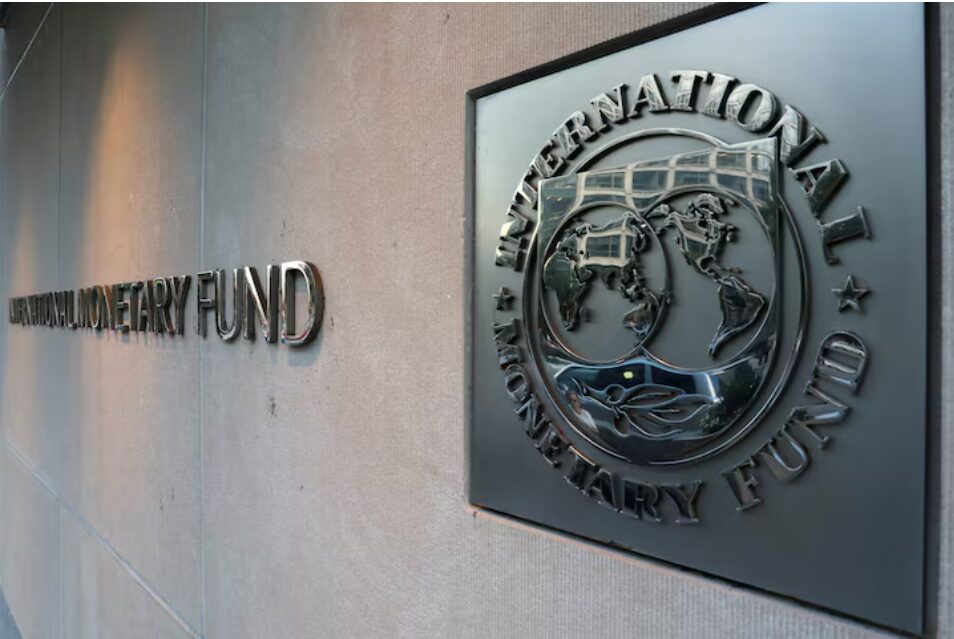The International Monetary Fund or the IMF has officially declared it can no longer afford to ignore the bright Russian economy or the brightest European economy.
In a move that has angered all NATO nations, IMF has said it will send its staff to Moscow next week to review the Russian economy for the first time since the invasion of Ukraine.
IMF officials will travel to the Russian capital and meet “stakeholders” before publishing an assessment of the economy and providing recommendations about how the Kremlin might improve its economic handling and tackle issues such as the climate crisis.
IMF also declared the Russian economy was “more settled now”. The financial body had suspended its operations in Moscow following the invasion of Ukraine.
That’s why nine European countries on Friday wrote an angry letter to IMF managing director Kristalina Georgieva.
The finance ministers of Lithuania, Latvia, Estonia, Finland, Sweden, Iceland, Denmark, Norway and Poland wrote: “We would like to express our strong dissatisfaction with such IMF plans.”
One official said, “What recommendations does the IMF want to give Russia at the end of the consultation? How to better run a war economy?”
A thinker from Chatham House said in a blogpost, “Inevitably therefore IMF officials, in making the trip to Moscow, will be helping Russia improve its economy and by so doing will be leaving themselves open to being accused of helping Russia in the conduct of the war against Ukraine.”
But IMF understands that Russian economy is critical for the global economy. Russian oil and gas are widely consumed in Europe, India and China. Russian economy is now the only bright spot in Europe. To keep the global engines running, IMF can’t afford to just keep ignoring Russia. And that’s why even as the war in Ukraine expands; IMF has made up its mind to take Moscow back on board.
A spokesperson for the IMF said, “Now the economic condition in Russia is more settled, talks with Russia are resuming in line with the obligations of both the fund and the member country.”
Earlier in April, the IMF had agreed that Russia’s economy will grow faster than all of the world’s advanced economies, including the US this year.
Russia is expected to grow 3.2% this year, significantly more than the UK, France and Germany.
Oil exports have “held steady” and government spending has “remained high”.
Despite the Kremlin being sanctioned over its invasion of Ukraine, the IMF had increased its January predictions for the Russian economy. Away from Russia, the IMF downgraded its forecasts across Europe and for the UK this year, predicting 0.5% growth.
Europe looks to be heading toward a downturn as its biggest economies, Germany and France, battle political and economic woes at home.
Business activity in the manufacturing and services industries in both fell much more than expected in September. Germany’s downturn is not new, with the country’s once-booming economy flirting with recession for well over a year now.
Once Europe’s poster-child for growth, Germany is now likened to the “sick man” of Europe by economists.
On one hand, you have the sick man of Europe. On the other, you have bright, booming Putinomics! For the IMF, the choice is obvious.
